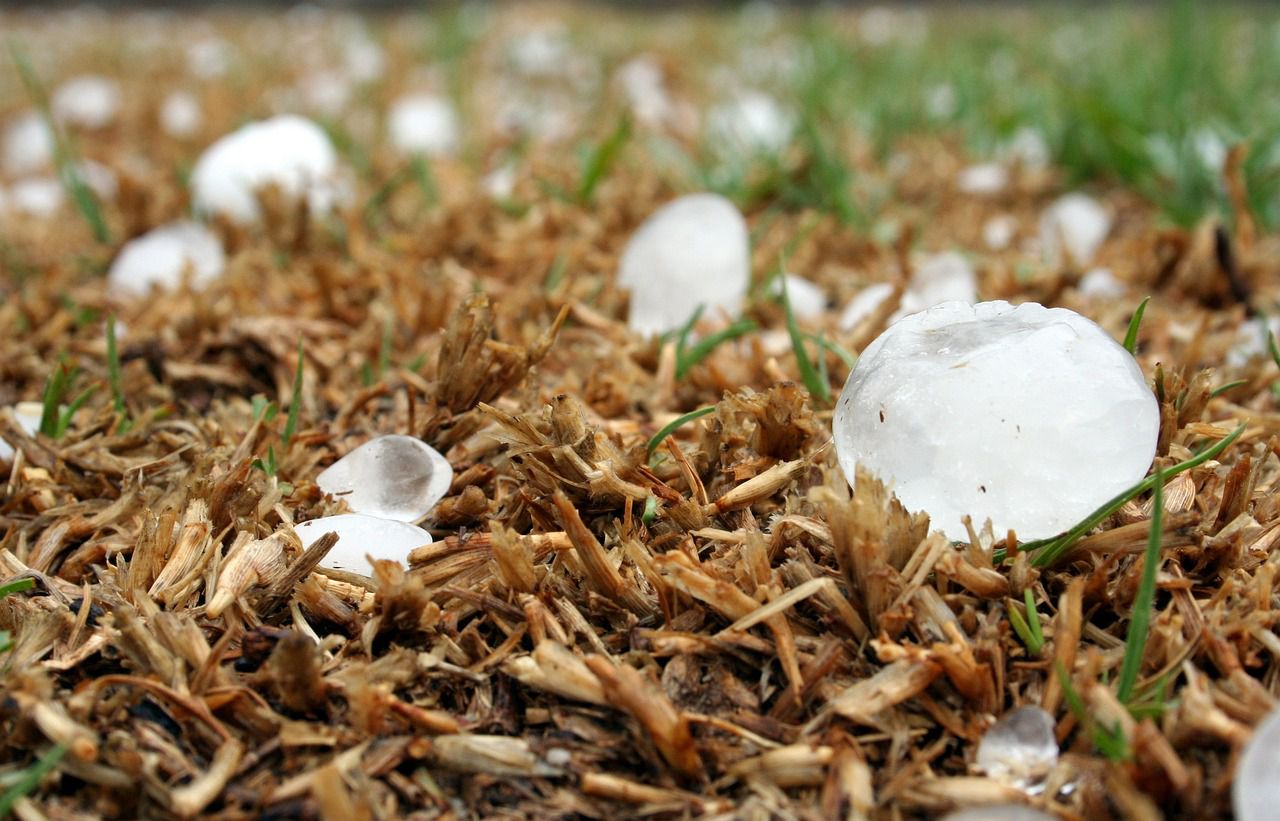Gardeners should check weather forecasts regularly to make sure that a sudden weather change won't destroy their crops.
Hailstorm can bring lots of damage to plants, so you need to protect your garden well.
Here's what can happen if you fail to do so.

Physical Impact
Hail consists of solid ice pellets that can vary in size, ranging from small pebbles to large balls.
When hailstones fall from the sky and collide with plants, they can cause physical damage by breaking stems, leaves, and flowers.
Delicate or young plants are particularly vulnerable to this type of impact.
Bruising and Tissue Damage
The forceful impact of hailstones can bruise and damage the tissues of plants.
This can lead to internal injuries that may not be immediately visible.
Over time, the damaged tissues may deteriorate, impacting the overall health and vitality of the plants.
Leaf and Flower Loss
Hailstorms can strip plants of their foliage and flowers.
The force of the hailstones can knock off leaves, buds, and blossoms, reducing the aesthetic appeal of the garden and inhibiting the plant's ability to photosynthesize and produce energy.
Crop Loss
For gardeners cultivating crops or edible plants, hailstorms can result in significant crop loss.
Hail damage may render fruits, vegetables, or herbs unsalvageable or diminish their quality, impacting both the quantity and the market value of the harvest.












